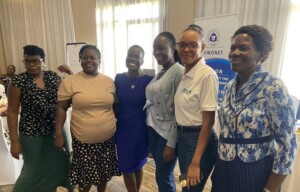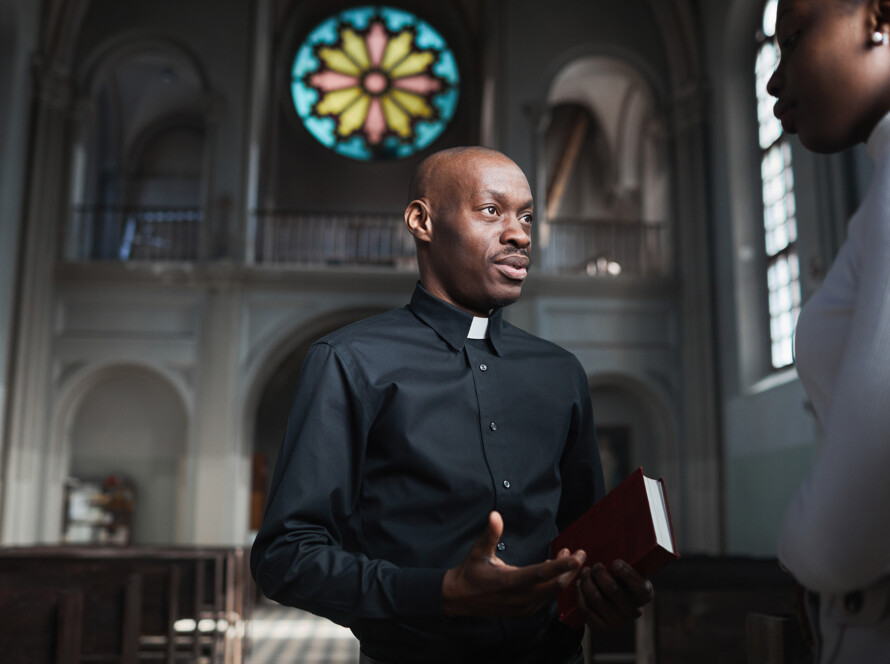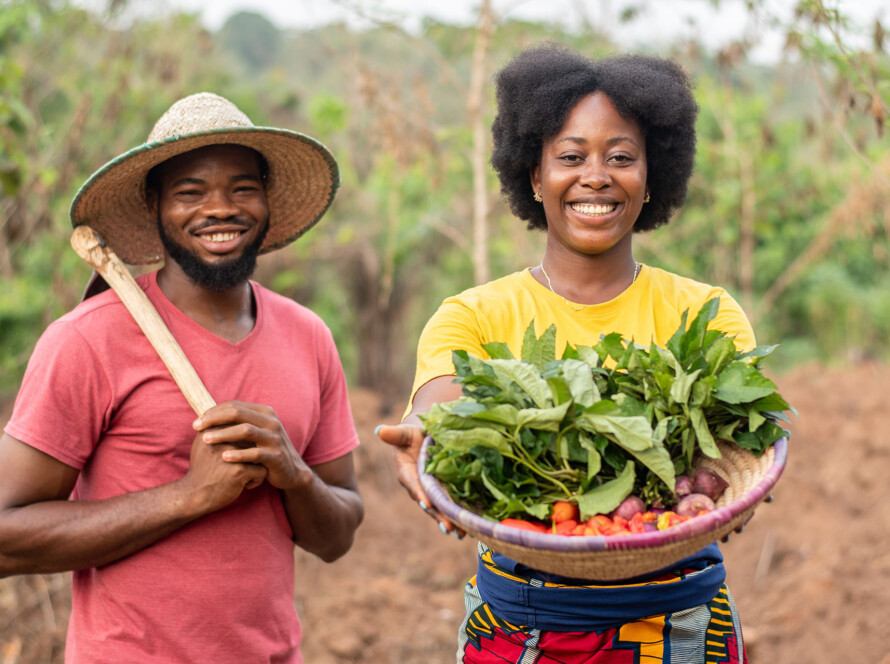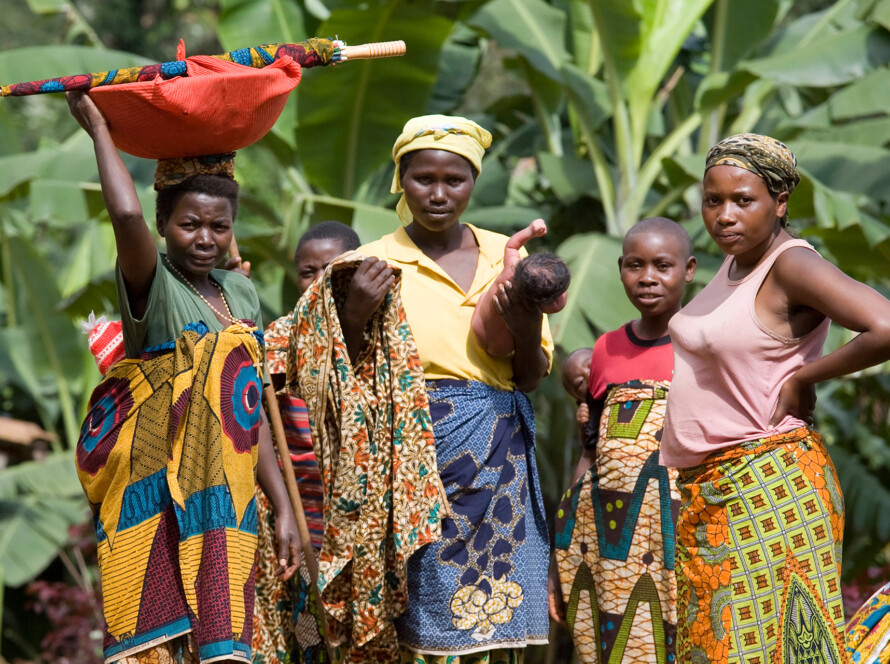Women and girls’ rights in Uganda have witnessed remarkable transformation in recent years, despite persistent challenges that continue to shape their everyday experiences. On April 4th, we at Vijana for Sustainable Development & Environmental Action had the immense privilege of participating in a fundamental validation meeting for the Alternative report on the Convention on the Elimination of All Forms of Discrimination Against Women (CEDAW). This gathering marked an important milestone in our ongoing journey towards gender equality.
Adopted by the United Nations in 1979, CEDAW requires state parties to take legislative, policy & practical measures to eliminate all forms of discrimination against women & ensure their full participation in society.
This meeting brought together diverse Women’s Rights Organizations, civil society stakeholders, and passionate gender advocates aimed at strengthening collective advocacy & accountability for gender equality—holding the state & ourselves to higher standards towards promoting & protection of women’s rights. Indeed, with Dr. Brenda Akia—the youngest African and first Ugandan elected Vice-Chair of the UN CEDAW Committee—as our keynote speaker, we gained powerful insights into advancing human rights of women by advocating and promoting equality at all levels.
Uganda’s relationship with CEDAW represents both progress and unfulfilled promises. Consequently, as we prepare for Uganda’s next report to the CEDAW Committee in February 2026, we face a critical moment to amplify our voices and shift the narrative. The stories of transformation highlighted in this article demonstrate not only how far we’ve come but also remind us that the fight against discrimination isn’t just a legal obligation but a moral duty for us ALL!
Uganda’s Journey with CEDAW, CEDAW as a Tool for Accountability and progress towards Gender Equality: VIDEA’s April Monthly Spotlight Contribution
Since ratifying CEDAW in 1985, Uganda has embarked on a remarkable journey towards gender equality, consistently demonstrating its commitment through periodic reporting to the CEDAW Committee. The Convention serves as a powerful accountability tool for advancing women’s rights through systematic monitoring and implementation.
Uganda’s legal framework has evolved significantly over the years with numerous gender-responsive laws enacted. These include the Land (Amendment) Act (2004), Employment Act (2006), Equal Opportunities Commission Act (2007), Domestic Violence Act (2010), and the Prohibition of Female Genital Mutilation Act (2010), to enhance the protection for women’s rights.
In February 2022, Uganda submitted its combined 8th and 9th periodic report to the CEDAW Committee and received specific recommendations for improvement. The Committee acknowledged Uganda’s “phenomenal progress” the Committee requested Uganda to provide written information on steps taken to implement four critical recommendations:
- Para 10(a): Adoption of a comprehensive definition of discrimination against women
- Para 16(b): Measures to address harmful practices, including child marriage
- Para 46(b): Steps to eliminate discrimination in healthcare access
- Para 50(a): Efforts to improve women’s access to justice
Further, Uganda is also expected to report on some of the CEDAW follow-up recommendations, which reflect urgent priorities for advancing equality and justice.
- Para 10(a): Center women in COVID-19 recovery efforts—especially those facing multiple forms of discrimination (e.g. women in poverty, refugees, older women, LBTI persons, women with disabilities).
- Para 16(b): Fast-track the creation of special High Court divisions to handle gender-based violence cases against women.

At VIDEA, we recognize CEDAW as a fundamental tool in advancing women’s human rights, and therefore, our participation in the validation meeting for the Alternative CEDAW report reflects our commitment to strengthen collective advocacy, above all, we believe in holding both the state and ourselves accountable.
As we prepare for Uganda’s next report to the CEDAW Committee in February 2026, we remain dedicated to advocating and promoting equality through grassroots impact. The journey towards full realization of women’s rights in Uganda continues, with each milestone bringing us closer to a society where women enjoy equal rights and opportunities in all spheres of life.
Challenges that remain: Gaps Between Policy and practices
“We know that gender-based violence not only devastates individuals but also tears apart families, communities, and the broader socio-economic fabric of the nation.” — Leonard Zulu, UN Resident Coordinator in Uganda
Despite Uganda’s progressive legal framework for gender equality, a troubling implementation gap persists between official policies and everyday realities. This disconnect forms the cornerstone of ongoing challenges for women’s rights advancement in the country.
The blatant reality remains that only 16% of land in Uganda is registered in women’s names, highlighting the considerable distance between legal provisions and actual practice. Moreover, the dual legal system—where statutory laws promoting equality often clash with customary practices—significantly undermines women’s rights. In many communities, patriarchal customary laws take precedence over progressive national legislation.
Violence against women continues to be widespread, notwithstanding the Domestic Violence Act and Prohibition of Female Genital Mutilation Act passed in 2010. However, these laws face substantial implementation hurdles, notably lacking dedicated budgets and implementation regulations. Even with existing legislation, costs associated with filing complaints and medical examination fees create additional barriers for victims seeking justice.
Legislation regulating marriage and divorce has been pending for over 14 years. The Marriage and Divorce Bill, has been in the legislative pipeline for decades and hasn’t yet been enacted into law, though promising in establishing protections like minimum marriage age and prohibiting widow inheritance, still fails to address critical issues such as Muslim marriages and polygamy. While it was tabled in Parliament in October 2024, it is currently in the first reading stage and has not yet been fully debated or passed. Meanwhile, harmful practices including child marriage, widow inheritance, and wife sharing persist throughout many communities.
Economic disparities additionally worsen these challenges. Women in Uganda are less likely than men to enter the job market (75% vs. 84%) and face higher unemployment rates (4% vs. 2.9%). These inequalities intersect with restricted rights to own property and inherit land.
The COVID-19 pandemic revealed systemic gaps, with women experiencing increased domestic violence during lockdowns and approximately 90,000 girls under 18 becoming pregnant.
These realities highlight why VIDEA remains committed to advocating and promoting equality beyond mere policy adoption. As we prepare for Uganda’s next CEDAW report in 2026, addressing these implementation gaps becomes essential for truly advancing women’s human rights through substantive equality rather than formal declarations alone.
VIDEA’s contribution towards a future of equality: What needs to happen NEXT?
Building upon progress achieved so far, concrete actions must be taken to transform Uganda’s gender equality landscape. VIDEA’s grassroots approach reports demonstrate effective comprehensive programming needed to address key drivers of gender-based violence through improved laws, strengthened institutions, and promotion of gender-equitable social norms.
Since its inception in 2020, VIDEA has engaged different levels and categories of communities across Uganda in community programming on women’s rights and supported a big number of women and girls in accessing essential services. Its advocacy efforts have contributed to the endless efforts towards gender-equality in different effective spaces, formally recognizing women’s equal rights.
Looking forward, economic empowerment remains essential. According to World Bank analysis, increasing women’s earnings to match men’s would boost Uganda’s national wealth by 11.8% (USD 1619 per capita). Accordingly, policies must:
- Meet women entrepreneurs’ demand to lead growth-oriented enterprises through legislation prohibiting gender discrimination in credit access
- Address women’s time poverty by expanding childcare options, enabling education completion and skills acquisition
- Reorient government employment programs to move women from subsistence-level to growth-oriented sectors
The media plays a strategic role in this transformation. With radio reaching 80% of Uganda’s population, strategic talk shows can stimulate action by both women and men. Appropriate translation and distribution of gender equality instruments, particularly targeting rural communities, could strengthen awareness nationwide.
In essence, VIDEA recognizes that advancing women’s rights requires shifting systems and power structures through strategic partnerships using the “Bottom-Up” model. As highlighted in UNDP’s Gender Equality Strategy 2022-2025, this means tackling structural changes, integrating gender equality into environmental and crisis response work, enhancing women’s participation in governance, and mobilizing financing for gender equality.
Therefore, as we approach Uganda’s next CEDAW Committee report in 2026, VIDEA remains committed to amplifying grassroots voices and supporting implementation of gender-responsive policies that translate principles into practice.
The journey towards gender equality in Uganda represents both remarkable progress and sobering challenges. We have witnessed how CEDAW serves as a powerful accountability tool that has helped shape Uganda’s legal framework since its ratification in 1985. Nevertheless, significant gaps between legislation and practice persist—evident in the fact that only 16% of land is registered to women and harmful practices continue in many communities.
At VIDEA, we remain steadfast in our commitment to strengthen collective advocacy and hold both ourselves and the state accountable. The validation meeting for the Alternative CEDAW report signifies a critical step in our ongoing efforts to amplify grassroots voices. Consequently, as we approach Uganda’s next report to the CEDAW Committee in February 2026, our work becomes even more vital in ensuring women’s rights move beyond paper protections to lived realities.
Above all, CEDAW provides a blueprint for government and civil society collaboration towards the full realization of women’s rights. The stories of transformation highlighted throughout this article demonstrate not only how far we’ve come but also remind us that the fight against discrimination remains both a legal obligation and a moral duty. Therefore, we must not only amplify our voices but also shift the narrative and pressure our government to meet its CEDAW commitments, creating a Uganda where women’s rights are truly non-negotiable.


